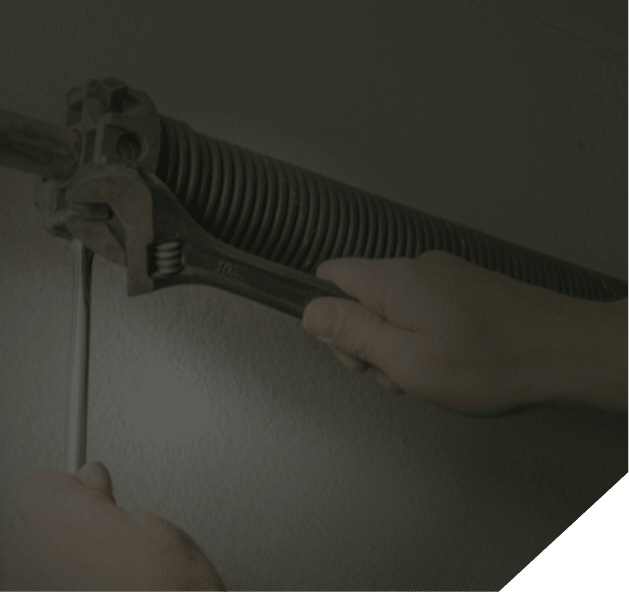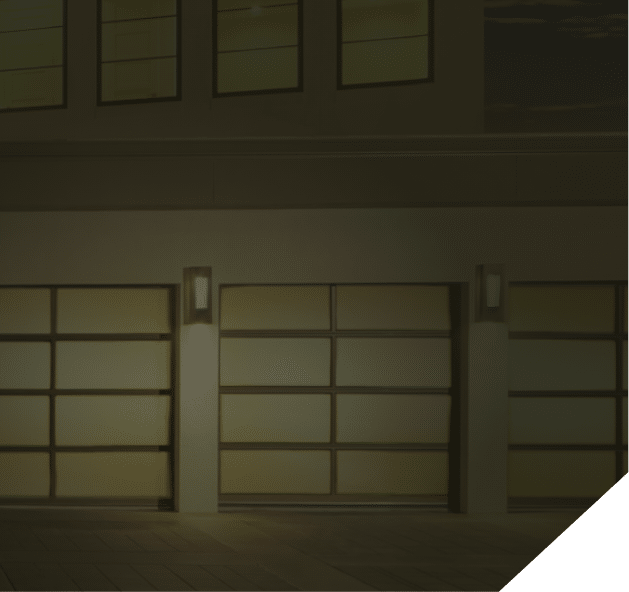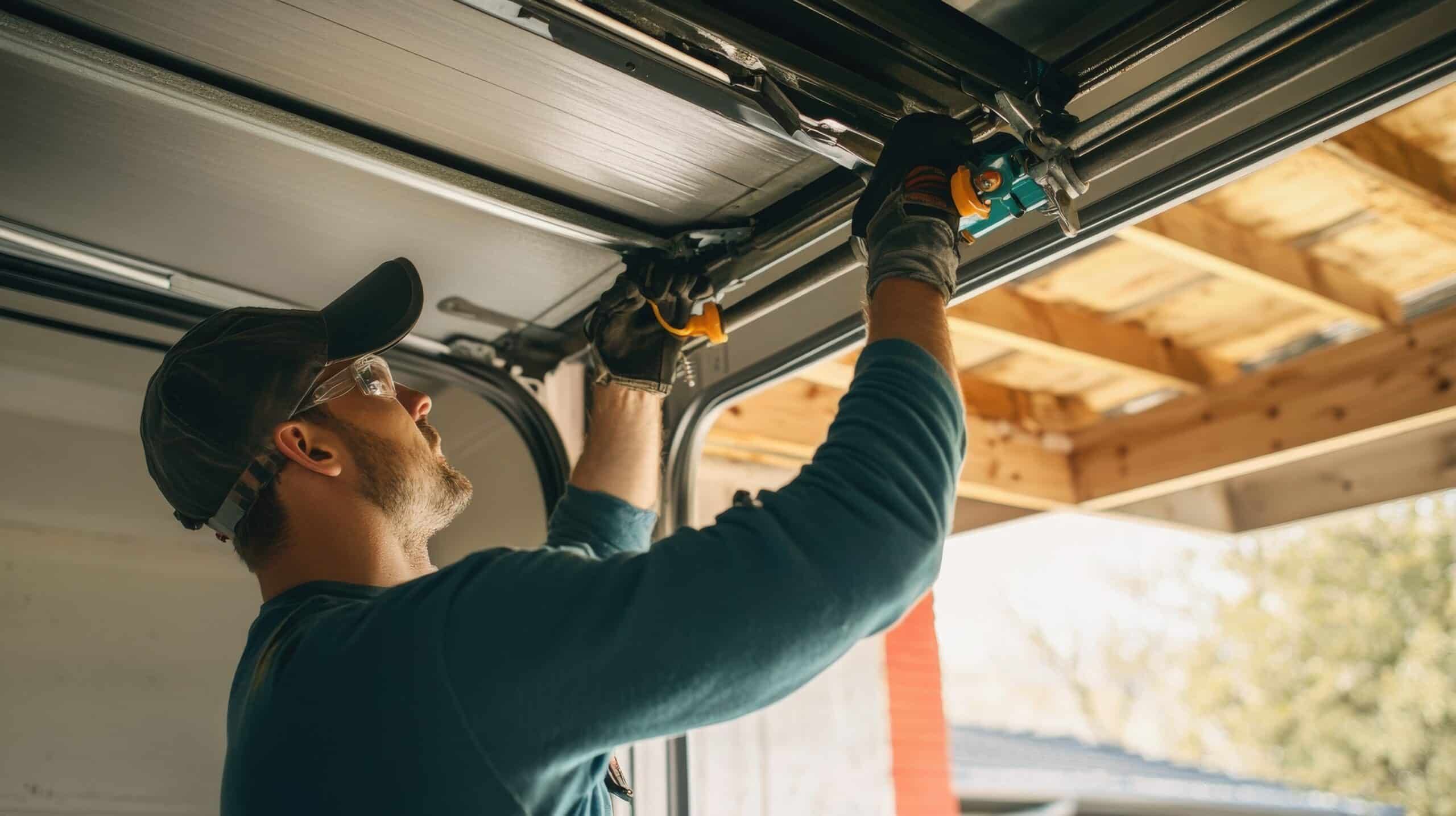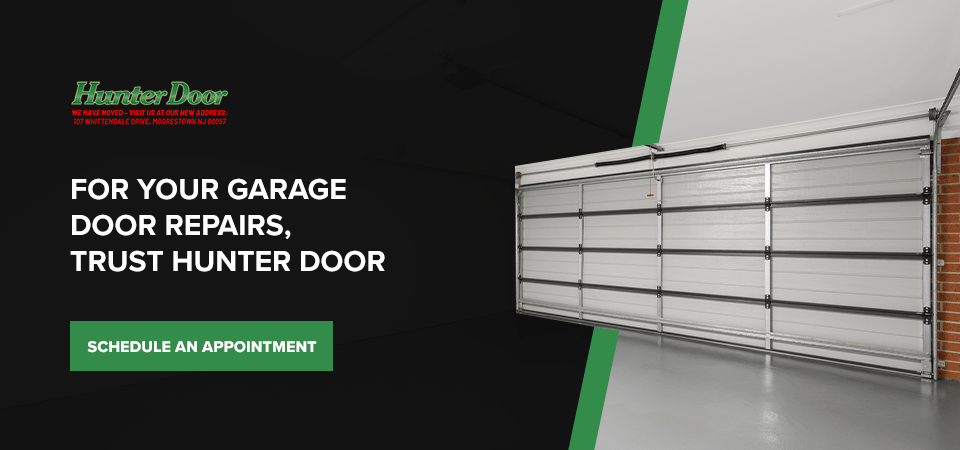Torsion vs. Extension Springs: What’s the Difference and Why Does It Matter?
Breaking Down Garage Door Springs
If your garage door is struggling to open smoothly or has become unexpectedly noisy, the culprit might be lurking above your head in the form of your garage door springs. Most homeowners hardly think about these components, but the type of spring system your garage door relies on plays a significant role in its safety, performance, and longevity.
Understanding the difference between torsion and extension springs isn’t just about fixing problems when they arise—it’s also about making informed decisions when it comes to installations or replacements. At Hunter Door, we specialize in garage door systems and are here to help you pick the right spring system to suit your needs.
What Are Garage Door Springs?
Garage door springs carry more weight than you may realize. These powerful components counterbalance the massive weight of the door, allowing you (or your opener) to lift it with ease. Without springs, operating your garage door would be an arduous, unsafe task.
The Two Main Spring Types
Torsion Springs
- How They Work: Positioned horizontally above the garage door, torsion springs rely on torque to lift and lower the door. When the door is in motion, the spring twists, generating energy to balance the door’s weight.
- Where They’re Found: Generally installed on newer, heavier garage doors due to their strength and durability.
Extension Springs
- How They Work: Located on either side of the garage door, these springs expand and contract as the door opens and closes. The motion stretches the springs, storing energy that supports the door’s movement.
- Where They’re Found: Typically used on older or lighter garage doors due to their simpler design.
Torsion Springs: Pros and Cons
Advantages
- Durability: Built to last, torsion springs typically withstand between 15,000 and 20,000 cycles (a cycle refers to opening and closing the door). This makes them a great long-term investment.
- Safety: Featuring an enclosed design, these springs are less likely to snap violently if they break, which minimizes injury risk.
- Smooth Operation: Thanks to their superior balance and torque distribution, torsion springs facilitate a quieter, steadier door movement compared to extension systems.
Disadvantages
- Cost: Torsion springs come with a higher upfront cost due to their advanced design and materials.
- Professional Installation Required: Because they operate under extreme tension, installing or repairing torsion springs is a job best left to trained professionals.
Extension Springs: Pros and Cons
Advantages
- Cost-Effective: These springs are less expensive to purchase and install, making them a budget-friendly option.
- Simpler Installation: Unlike torsion systems, extension springs are relatively easier to install or replace.
Disadvantages
- Shorter Lifespan: With a typical lifespan of 10,000 cycles, extension springs wear out faster than their torsion counterparts.
- Safety Concerns: If an extension spring snaps, the stored energy can cause it to fly off dangerously, which is why safety cables are essential for installation.
- Jerky Movements: Extension springs don’t distribute tension as evenly as torsion springs, often causing the door to move less smoothly.
Which Spring System Is Right for You?
The decision between torsion and extension springs depends on several factors. Here’s what to consider:
1. Garage Door Size and Weight
- Torsion Springs: The strength and control of torsion springs make them ideal for heavier garage doors.
- Extension Springs: These springs can handle lighter, smaller doors but may not be sufficient for larger systems.
2. Budget
- Torsion springs might be more expensive initially, but their durability often means less frequent replacements.
- Extension springs offer a lower-cost initial solution but could lead to higher long-term expenses due to lower longevity.
3. Safety and Longevity
- If safety is a priority (especially for homes with kids or pets), torsion springs offer a safer and longer-lasting option.
- Extension springs require safety cables and more frequent inspections to ensure minimal risks.
Expert Tip: For most Moorestown, NJ homeowners, especially those with frequently used or heavy garage doors, torsion springs offer the best blend of safety, performance, and value.
Maintenance Tips for Garage Door Springs
Proper maintenance can extend the lifespan of your springs and improve the performance of your garage door. Here’s how to care for torsion and extension springs:
Torsion Springs
- Inspect Regularly: Check for signs of wear, rust, or damage.
- Lubricate: Apply a garage door lubricant twice a year to keep springs functioning smoothly.
- Hire Professionals: Schedule annual maintenance checks to avoid dealing with dangerous DIY repairs.
Extension Springs
- Safety Cables Are Key: Always ensure safety cables are in place to minimize the risk of injury if a spring breaks.
- Monitor Tension: Regularly check the tension of the springs, as improper tension can strain both the springs and the door opener.
- Lubrication: Like torsion systems, extension springs also benefit from biannual lubrication.
Choosing the Right Spring System Made Easy
Both torsion and extension springs have their place, but understanding their differences and advantages ensures you make the right choice for your garage door. While torsion springs are a smart pick for efficiency and durability, extension springs may serve your needs if budget and simplicity are your primary concerns.
At Hunter Door, we’re here to simplify the process. Our team of qualified professionals in Moorestown, NJ, can assess your garage setup and recommend the best solution for your needs. Whether you’re upgrading, replacing, or simply maintaining your existing springs, you can contact us today, and trust us to deliver reliable service and expertise.



